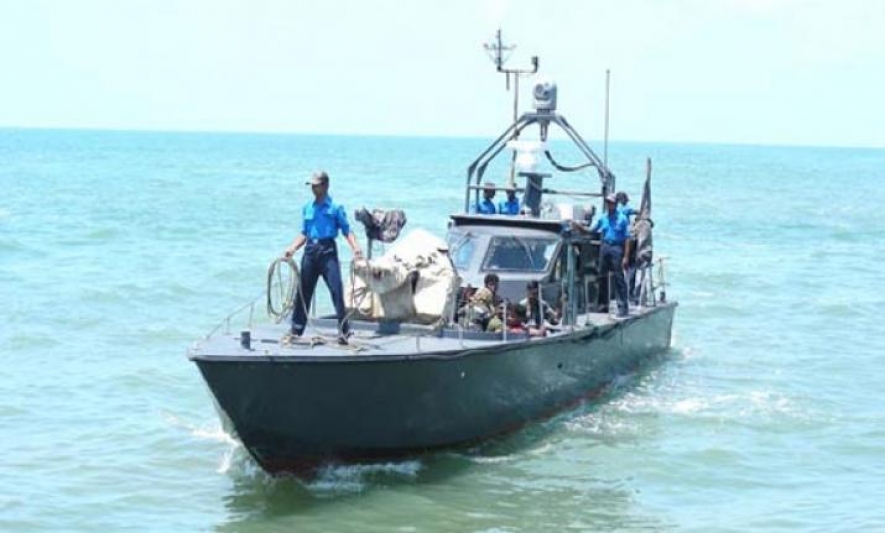Written from Tamil Nadu capital Chennai the report futher says that the submission was made in a counter-affidavit filed before the first Division Bench of Chief Justice Indira Banerjee and Justice Abdul Quddhose who were seized of a public interest litigation petition filed by Fishermen Care, a private body that had sought for a direction to the Centre to refer the alleged rights violations to the ICJ.
According to the report after taking the counter-affidavit on file, the judges granted a week’s time to the petitioner’s counsel L.P. Maurya for filing a rejoinder. The counter filed by Binoy George, Deputy Secretary (Sri Lanka), Ministry of External Affairs, also stated that there was no scope for a reference, as sought for by the PIL petitioner, even under the Statute of the ICJ.
Three methods
The official pointed out that Article 36 of the Statute provides for a reference through three methods, one was by means of the provisions of a ‘special agreement’ between two countries, the other was by invoking the compromissory clause incorporated in international treaties or conventions and third by way of recognising the compulsory jurisdiction of the ICJ.
In so far as the present case was concerned, none of the three options could be exercised since “it was highly unlikely that Sri Lanka will enter into any special agreement with India for invoking the jurisdiction of the ICJ.” The compromissory clause also could not be invoked because there was no bilateral treaty conferring the ICJ the jurisdiction on issues concerning fishermen.
“Neither the 1974 and 1976 bilateral agreements nor the Geneva Convention 1958, referred to in the writ petition, contain such a clause. Therefore, the ICJ’s jurisdiction cannot be invoked under these instruments,” Mr. George said. He added that the third and last option could also not be exercised since Sri Lanka had not accepted the compulsory jurisdiction of the ICJ.
Though India had accepted the compulsory jurisdiction of the ICJ under Article 36(2) of the Statute, it had excluded the jurisdiction of the court with respect to disputes with the government of any State which is or has been a member of the Commonwealth of nations.
Further, listing out a series of issues, including maritime related affairs, on which India had expressed reservations over invoking the compulsory jurisdiction, the officer said: “In view of the above-mentioned declaration, India cannot invoke the compulsory jurisdiction clause for filing a case against Sri Lanka which is a member of the Commonwealth and the issue being maritime-related affairs.”




















